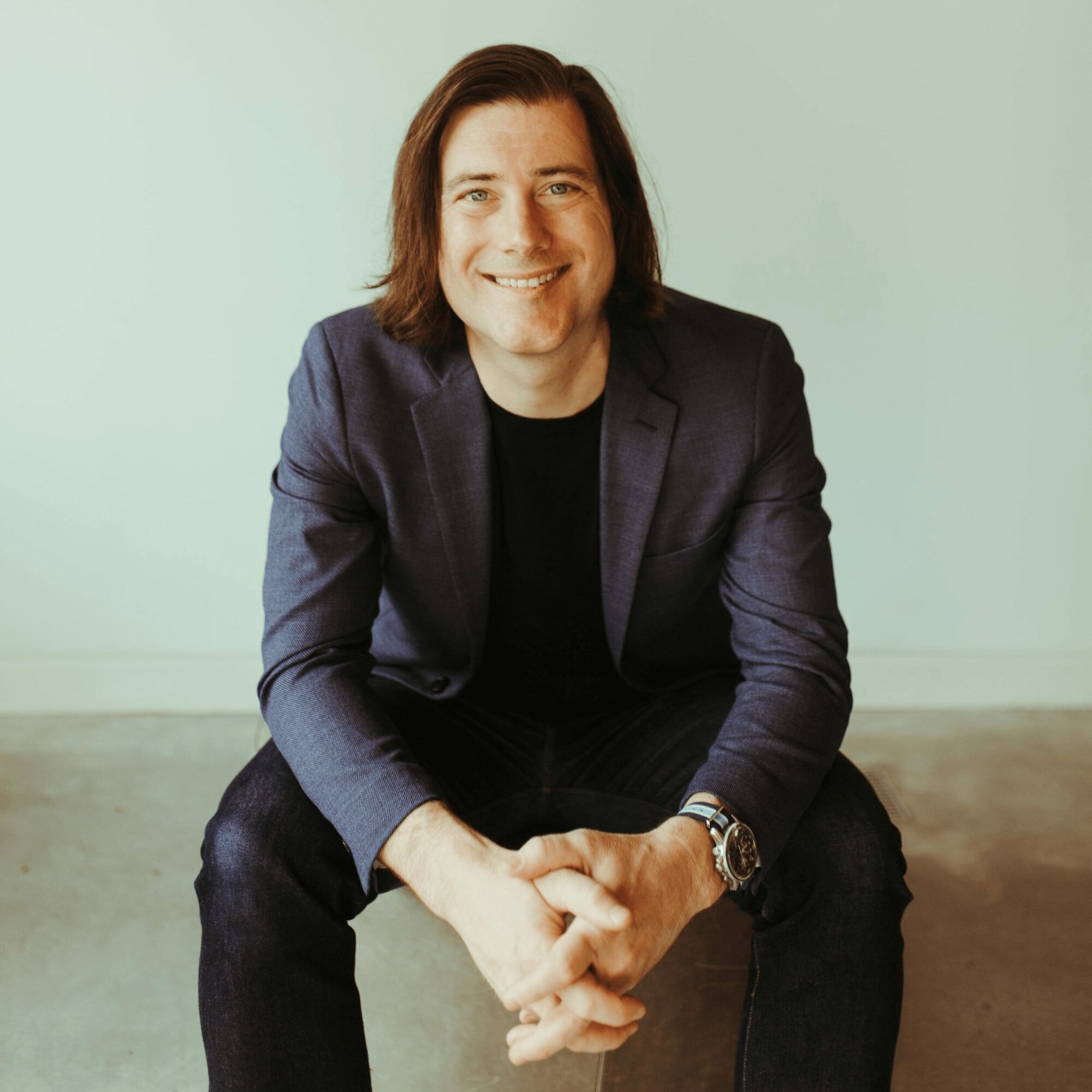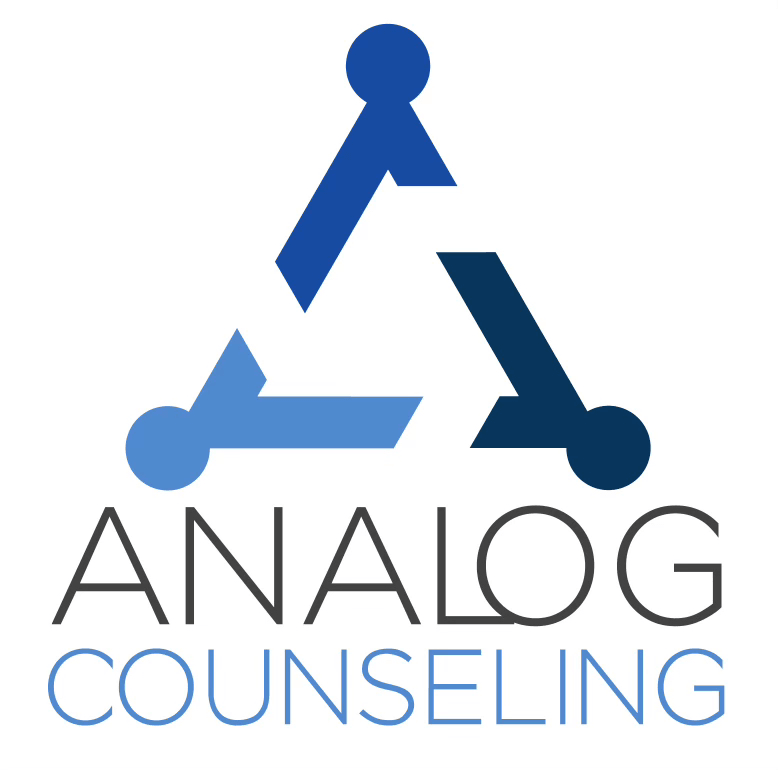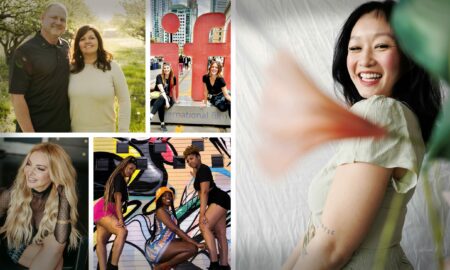
Today we’d like to introduce you to Aaron Mitchum
Hi Aaron, thanks for sharing your story with us. To start, maybe you can tell our readers some of your backstory.
I became a counselor through a blend of experiences that shaped my passion for helping others. Early in my career, I worked for a non-profit focused on teenagers. As they shared their lives with me, I quickly realized that I needed guidance to truly help them. That led me to seek support from a local counselor, Grant Wood, LCMFT. Those conversations opened my eyes to the world of therapy and sparked my desire to become a therapist myself.
At the same time, I was in seminary, pursuing a career as a worship pastor. Music has always been central in my life. From playing in the Kansas City Youth Symphony to earning a partial marching band scholarship in college, and writing and performing in bands since I was 15, music was a way for me to connect with people on a deep level. I believed it was my path to help others.
However, while in seminary, I was also in my own therapy. That experience resonated with me more deeply than anything I was doing in seminary. The connection, depth, and personal growth I experienced in therapy aligned with how I wanted to support others. After discussing it with my therapist, I made the decision to switch graduate programs and train to become a licensed counselor. Now, I bring both my counseling expertise and my passion for meaningful connection to the work I do every day.
We all face challenges, but looking back would you describe it as a relatively smooth road?
The road to becoming a counselor has had its challenges. I went to grad school at 28, with a two-year-old and a newborn at home. It was a hectic time, balancing kids, school and work was stressful, but I was determined to pursue this path.
Beyond that, entering the counseling field, especially in Kansas, presents unique struggles. Insurance companies and institutions don’t pay well, which can lead to burnout, and the high overhead adds to the pressure. For example, we are required to be under supervision for two years after graduation, which is an out-of-pocket expense. This is why many counselors end up in private practice, but that brings its own challenges.
We didn’t go to school to become business owners—we went to school to help people. The learning curve for managing a private practice is steep, especially if you don’t start out with business experience. Even after over a decade in practice, I’m still learning everyday about how to run both a successful practice and a solid business. It’s been a journey of balancing passion with the realities of the field, but each step has made me a better counselor and business owner.
Alright, so let’s switch gears a bit and talk business. What should we know?
Analog Counseling in Overland Park, KS, offers a holistic approach to mental health through services such as psychoanalysis, psychotherapy, Somatic Experiencing, and Enneagram coaching. Their primary focus is on helping clients achieve deeper healing and personal growth by exploring the root causes of emotional and psychological distress.
Psychoanalysis at Analog Counseling is designed for clients seeking to address persistent issues by diving deep into the unconscious mind. This approach helps individuals resolve long-standing emotional conflicts, improve relationships, and uncover hidden patterns that prevent them from living fulfilling lives.
Psychotherapy at Analog Counseling offers a space for individuals, couples, and families to explore challenges in their lives, gain insights into their emotions, and work through issues in a supportive environment. The goal is to foster emotional resilience and healing by deeply understanding the client’s inner world.
Somatic Experiencing, a body-focused therapy, helps clients release stored trauma from the nervous system. This modality is particularly beneficial for those dealing with stress, anxiety, or trauma, offering a way to reconnect with the body and restore a sense of safety.
Enneagram coaching provides clients with tools for self-discovery and personal development by helping them understand their core motivations and personality type, fostering personal growth and improved relationships.
Are there any books, apps, podcasts or blogs that help you do your best?
My favorite book as a child still holds up in my opinion: Lafcadio: the lion who shot back by Shel Silverstein.
Parenting: No Drama Discipline by Dan Siegel and Tina Bryson Pane, Brainstorm: the power and purpose of the teenage brain by Dan Seigel. – I love both of those books because they try to help parents stop blaming themselves, understand themselves more, give themselves more grace and most importantly how to work with the natural development of their kids instead of against it.
Personal growth: Understanding & Treating Chronic Shame: A Relational/Neurobiological Approach by Patricia A. Deyoung – I love how Deyoung reveals shame as a product of relationships instead of being a symbol of there being something wrong with someone. She deftly dives into what shame is and how it gets better. I’ve consulted personally with DeYoung and she is inspiring. In addition, she quotes a supervisor I had in my psychoanalytic training whom I dearly loved…bonus.
Super nerdy stuff: The Master and His Emissary by Iain McGilchrist – maybe the best book I’ve ever experienced.
Trauma: In an Unspoken Voice by Peter Levine – it’s what inspired me to become certified in Somatic Experiencing.
Contact Info:
- Website: https://analogcounseling.com/
- Instagram: https://www.instagram.com/analogcounseling
- Facebook: https://www.facebook.com/analogcounseling













